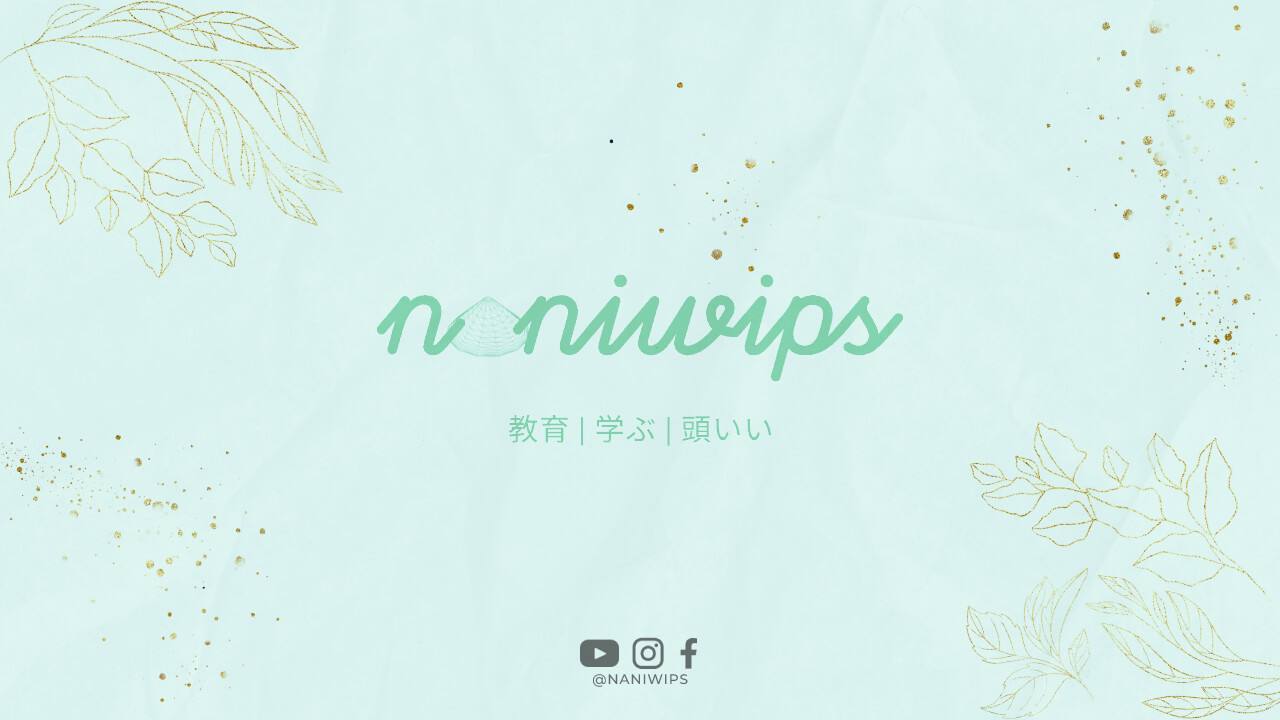As a learner of the Japanese language, understanding the cultural nuances and expressions is essential in communication. One such expression is 「~してもいいよ。」which translates to “It’s okay to do ~”. However, the phrase carries a deeper meaning and context in Japanese culture. In this article, we’ll delve into the meaning of 「~してもいいよ。」as permission in relaxed Japanese.
The Contextual Meaning of 「~してもいいよ。」
In Japanese culture, the concept of “reading the air” or “空気を読む” is essential. It refers to being aware of the unspoken communication and social cues in a given situation. This awareness is reflected in the use of 「~してもいいよ。」as permission.
Unlike in Western cultures where permission is straightforward, in Japanese culture, asking for permission is often indirect and contextual. A person may use 「~してもいいよ。」to indicate that the action is permissible within the context of the conversation or situation.
The Subtle Implications of the Phrase
The use of 「~してもいいよ。」as permission comes with subtle implications. Firstly, it indicates that the speaker trusts the listener to make the right decision in the given situation. It shows a level of respect and acknowledgement of the listener’s abilities to read the air and make the appropriate decision.
Secondly, the phrase has a sense of informality and intimacy. It’s often used among friends, family, or in casual settings. It can indicate a closer relationship between the speaker and listener, as opposed to formal situations where direct permission may be necessary.
Examples of 「~してもいいよ。」in Use
To understand the contextual use of 「~してもいいよ。」, let’s look at some examples:
1. A friend asks if they can smoke in your house. You respond with 「いいよ、吸ってもいいよ。」which translates to “It’s okay, you can smoke if you want to”. This response indicates that the speaker is comfortable with the idea of smoking in their home and trusts the listener to make the right decision.
2. A coworker asks if they can take the day off. You respond with 「うん、いいよ。」which translates to “Yeah, it’s okay”. This response indicates that the speaker trusts the coworker to make the right decision and acknowledges the unspoken communication surrounding the request.
3. A family member asks if they can have a piece of cake. You respond with 「食べてもいいよ。」which translates to “You can eat it if you want to”. This response indicates a level of informality and intimacy between family members and shows that the speaker trusts the listener to make the appropriate decision.
Conclusion
In conclusion, understanding the nuances and context of 「~してもいいよ。」is essential in Japanese communication. It carries a deeper meaning of trust, respect, and acknowledgment of unspoken communication. By using this phrase, you can show a level of familiarity and informality in casual settings.
As a learner of the Japanese language, take the time to understand these cultural nuances and expressions to improve your communication skills.



